Analysts refute Ashton Carter's China 'self-isolation' claims
Updated: 2016-06-05 07:49
(Xinhua)
|
||||||||
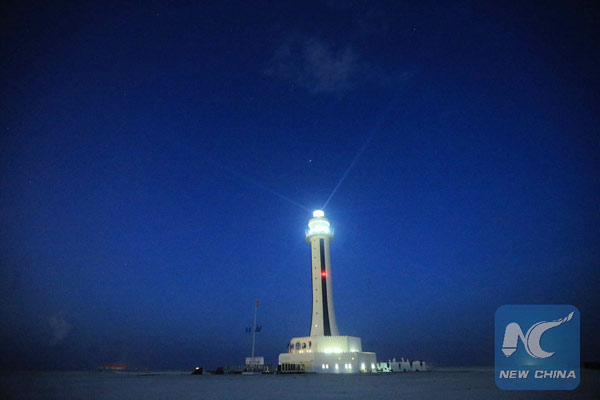 |
|
Photo taken on April 5, 2016 shows the lighthouse on Zhubi Reef of Nansha Islands in the South China Sea. [Photo/Xinhua] |
SINGAPORE - US defense secretary's China "self-isolation" claims were totally incorrect, local analysts said here on Saturday.
In a speech delivered here Saturday at the on-going Shangri-La Dialogue, US Defense Secretary Ashton Carter said China could end up erecting a Great Wall of self-isolation, but analysts here refuted Carter's remarks as one-sided and over-exaggerated.
As China develops, Asia-Pacific countries had built close relations with not only the United States but also China, which proves Carter's China "self-isolation" claims at best "exaggerated," said Huang Jing, Professor and Director of Center on Asia and Globalization, Lee Kuan Yew School of Public Policy, National University of Singapore.
Carter's claims are misinterpreting China's policies, and are not in line with the two countries' consensus on forging new pattern of relationship, said Colonel Lu Yin, Associate Researcher from the Institute of Strategic Studies of China's National Defense University.
The colonel noted that Carter's remarks revealed logical paradoxes in the US rebalance strategy in the Asia-Pacific.
"I don't see it possible that without efforts from China, the United States can realize its rebalance strategic in the Asia-Pacific region as well as achieve common prosperity as envisioned," said Lu.
In his half-hour or so speech, the US defense secretary mentioned the word "principle" for as many as 37 times. In Professor Huang Jing's view, it is fairly disputable that the United States does faithfully stick to principle.
When asked about the fact that not only China, but countries including Japan, the Philippines and Vietnam all had similar construction actions, Carter said there are differences in the scale of such activities.
If one really sticks to principles, it doesn't matter what scale the actions might be, any construction activity is against the principle, argued Professor Huang.
On matters of navigation freedom, the professor said that navigation freedom should be guaranteed, but any country's freedom shall not be at the cost of posing threats to others.
Although tensions in the South China Sea are included in Carter's speech, analysts pointed out that the US defense secretary had also elaborated on the fact that China and the United States do have cooperation potentials over a number of international agendas. To safeguard peace and stability in Asia-Pacific, the two countries need to cooperate.
Oh Ei Sun, senior fellow with S. Rajaratnam School of International Studies in Singapore, said that Carter actually adopted a relatively "mild" approach when addressing disputes in the Asia-Pacific and gave much emphasis on setting up security networks in the region.
William Choong, Shangri-La Dialogue Senior Fellow for Asia-Pacific Security, said he thought the US-China relations are far more inclusive.
It's a broader relationship, although they disagree on the South China Sea issue, they can agree on many other issues which are important, such as the cooperation in cyber space, the DPRK issue, and climate change, he said.
The two countries are preparing for their upcoming strategic economic dialogue as well, he noted.
"To put it very simply, even though there are tensions in the South China Sea, I think the relationship is broad enough and strong enough, and has enough institutional mechanism for both sides to avoid their differences and work on potential solutions," said the researcher.
- Let reason and cooperation prevail in South China Sea
- Commentary: South China Sea fares better without outside interference
- Lies and hypocrisy in South China Sea arbitration
- State Councilor Yang Jiechi to meet Kerry on South China Sea
- China-US relations shouldn't be hijacked by South China Sea issue: ambassador
- Suspected IS terrorists arrested in Germany
- Japanese boy abandoned by parents in Hokkaido forest found alive
- China to build Africa's biggest university library
- 'Kill list' found in UCLA campus shooter's residence: Police
- Swiss declare Alps tamed as Gotthard rail tunnel opens
- China urges Japan to properly settle Chinese forced laborers issue

 The world's most striking images: May 30 - June 5
The world's most striking images: May 30 - June 5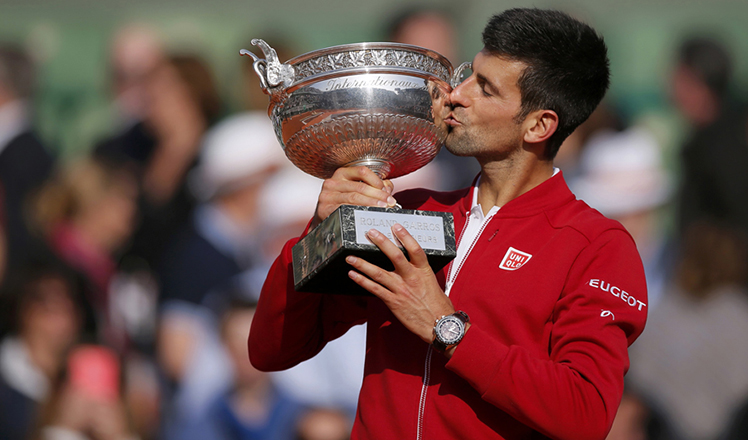
 Djokovic conquers Roland Garros to join tennis pantheon
Djokovic conquers Roland Garros to join tennis pantheon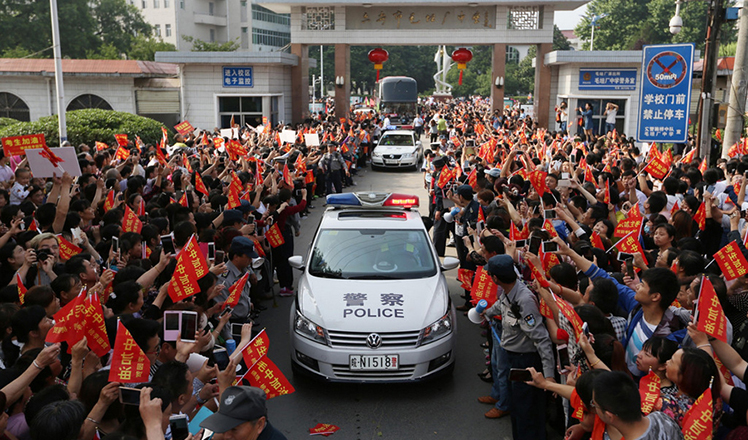
 Students receive gaokao cheers in east China
Students receive gaokao cheers in east China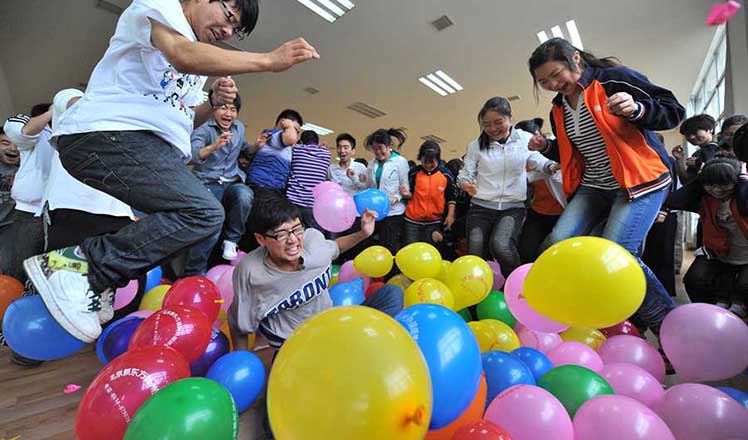
 Students use creative ways to relieve gaokao stress
Students use creative ways to relieve gaokao stress
 Frederik the Great: Is it a horse or a stunning statue?
Frederik the Great: Is it a horse or a stunning statue?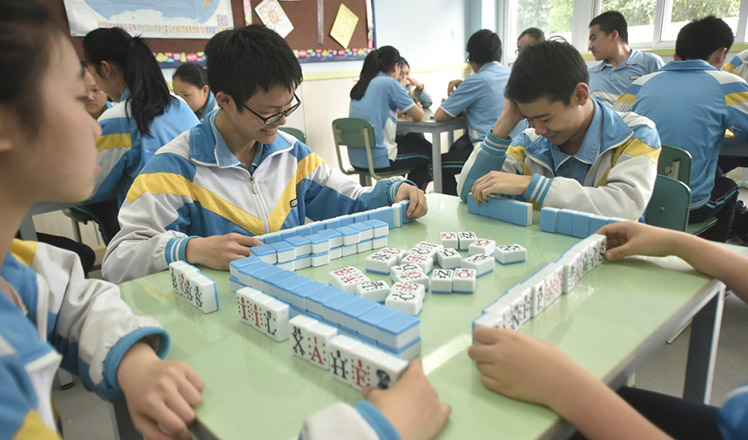
 How mahjong can improve your chances with English
How mahjong can improve your chances with English
 Shanghai's 3D printing expo attracts over 100 companies
Shanghai's 3D printing expo attracts over 100 companies
 Traditional incense production in Nyemo county, China's Tibet
Traditional incense production in Nyemo county, China's Tibet
Most Viewed
Editor's Picks

|

|

|

|

|

|
Today's Top News
Abe's blame game reveals his policies failing to get results
Ending wildlife trafficking must be policy priority in Asia
Effects of supply-side reform take time to be seen
Chinese State Councilor Yang Jiechi to meet Kerry
Chinese stocks surge on back of MSCI rumors
Liang avoids jail in shooting death
China's finance minister addresses ratings downgrade
Duke alumni visit Chinese Embassy
US Weekly

|

|







